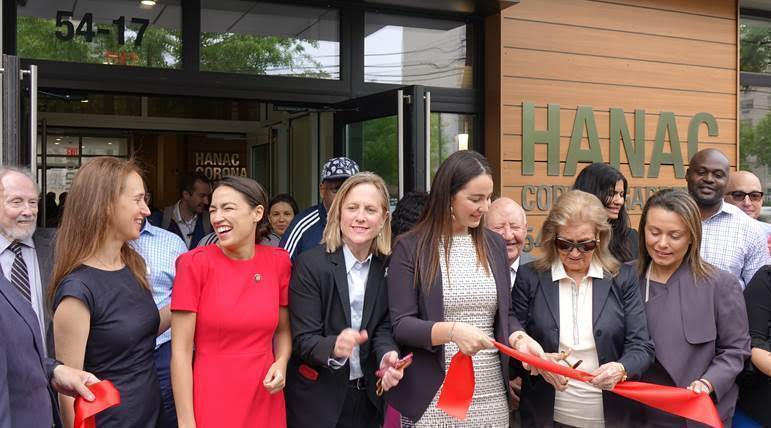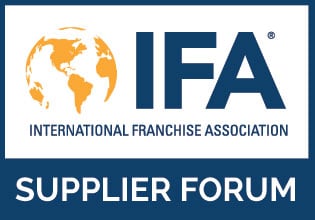Electricity plays a fundamental role in meeting the energy needs of modern society, but its use is not free from risks, especially when high-voltage equipment is exposed to unqualified personnel. For this reason, the NYC Electrical Code requires certain types of projects to be approved by the Electrical Advisory Board before their construction can proceed legally. The EAB is appointed by the Commissioner on a yearly basis, and is composed of professionals with relevant experience in the electric trade. The number of members is decided by the Commissioner, but the board must have a Chair and Vice-Chair.
Which Projects Require Approval by the Electrical Advisory Board?
In general, any project that meets at least one of the following conditions requires a special review by the EAB, and can’t proceed unit formally approved:
- Service installations with an installed capacity of over 1,000 kVA.
- All installations where the rated voltage exceeds 600 V, regardless of installed capacity.
- All installations that involve materials or equipment not covered by the Electrical Code Technical Standards, which require special permission.
It is important to note that, even though these projects receive special treatment as specified in the NYC Electric Code, compliance with the NYC Energy Conservation Code is required nevertheless.
The EAB generally meets once a month, but additional meetings may be scheduled if deemed necessary. They review all submittals presented on time, and publish their resolution for each project in the NYC Department of Buildings website. After the EAB reviews a project, there are four possible resolutions:
- APPROVED: The application is satisfactory and the work permit application for the project can proceed.
- PENDING:The application is viewed favorably by the EAB, but requires clarifications and minor changes before approval.
- HOLD: The EAB considers the application lacking in terms of information or accuracy. Resubmissions are allowed before the next deadline.
- DENIED:The EAB rejects the application, the submission number is closed and resubmissions are not allowed.
The documentation required by the EAB varies depending on the type of project, and this article will outline the differences between the three application types.
1) Electrical Installations Exceeding 1000 kVA or 600V
There are many possible cases where projects fall in this category, requiring special review by the NYC Electrical Advisory Board. New installations that exceed either the kVA or voltage threshold always require a review by the EAB, and modifications to existing projects may require it if they meet any of the following conditions:
- If the installation is currently below 1000 kVA, but modifications will bring the capacity above that value, a review is required.
- The same applies for voltage: if circuits and equipment above 600V will be added to an installation that does not currently use them, a review is required.
- Existing installations above 1000 kVA require a review for any changes up to second level overcurrent protection, unless the modification was submitted and approved as a future expansion when the project was first built.
- Changes to existing installations above 600 V always require a review.
- Any modification that affects the clearances around 1000 kVA equipment requires a review, even if no work will be performed on the equipment itself.
Keep in mind that the application process can only be initiated by a NYC Licensed Master or Special Electrician, a New York State Licensed Engineer, or any professional from another jurisdiction with comparable qualifications. Two complete sets of project plans will be required, and they must include the following drawings:
- One-line diagram
- Plan view
- Service equipment room layout
- Switchboard and distribution panel details
The drawings must be folded to 8.5”x11”, unless you submit them using an approved electronic format. With regards to the information contained in the drawings, specific requirements are provided in the 1 RCNY § 34-05 standard, available from the NYC Department of Buildings website.
2) Special Permissions
A special permission application is carried out when an electrical violation is issued for materials, equipment or appliances not covered by the NYC Electrical Code, where EAB approval would have been required but was overlooked. In this case, the application must include any applicable cut sheets, drawings, charts and any other documentation considered necessary for the review process.
3) Electrical Equipment and Materials Approval
This type of application is carried out when a project will use equipment and materials not covered in the NYC Electrical Code Technical Standards. This option generally applies for manufactured wiring systems, low voltage lighting systems and other similar appliances, and the application must include the following information:
- Type of equipment or material
- Model number
- Any explanatory information considered necessary
- Two brochures or data sheets
- Photographs of the equipment in its unmounted condition
- Test report from a laboratory approved by the Commissioner, including a conclusion sheet
- Equipment samples, but only if requested by the Electrical Advisory Board
Application Submittal Process
The first step of the application process is to request a submission number, providing the following information:
- Applicant name and address
- Project location
- Type of submittal service
Once the board gives you a submittal number, you can provide the documentation as required depending the type of application, and can make the respective payment. Keep in mind that the fee varies by type of application:
| Application Type | Fee |
| Installations Above 1000kVA or 600V | $650 |
| Special Permissions | $350 |
| Materials & Equipment Approval | $200 |
The accepted payment methods include money orders, corporate checks, bank checks and certified checks, and they shall be made payable to the NYC Department of Buildings.
Regardless of the type of application, you must add a cover letter to your receipt and documents, and it must include the name and license number of the Master/Special Electrician or Professional Engineer carrying out the application. In addition, the cover letter must use the letterhead of the applying firm or individual.
Deadlines for Application Submittals
Keep in mind that the Electrical Advisory Board typically carries out one meeting per month. If you do not submit your documentation in advance, you must wait until the next meeting, delaying your project. The following delivery deadlines apply:
- New submittals: 8 days before the meeting
- Re-submittals for applications on HOLD: 15 days before the meeting
- Special permission: 10 days before the meeting
The EAB is agile when publishing its resolutions. Their meetings are generally held one Wednesday per month, and the resolution document is posted the following Monday.
Expedited Review Process
Since 2014, the NYC Department of Buildings introduced an expedited review process for some projects that would normally require a full review as installations above 1000kVA or 600V. The types of projects eligible for an expedited EAB review are the following:
| Additions | Replacements |
|
-New service switches or second -fused disconnect switches with current ratings of 600A or less -New equipment that does not affect clearances around 1000kVA installations -Addition to fire pump service switches to existing 1000kVA systems -Generators under 1000kVA for residential buildings -Final connections between power generation sources, such as photovoltaic systems, and 1000kVA service equipment. |
-Service entrance or main feeder conductors -Service or second-disconnect switches and fuses -Distribution boards and their respective breakers and fusers -First- level or second level fuses |
Final Recommendations
As with any paperwork involving the NYC Department of Buildings, hiring the services of a qualified consultant or engineering firm is highly recommended. This will save considerable time, since they are familiarized with the process and paperwork. Also, remember that only a licensed professional can initiate a review application with the NYC Electrical Advisory Board.
If you are dealing with equipment exceeding 1000kVA or 600V, check if your project is eligible for an expedited review. If you will use equipment or materials not covered by code, remember that the application only costs $200, but increases to $350 for an objection removal if you overlook the initial review.







